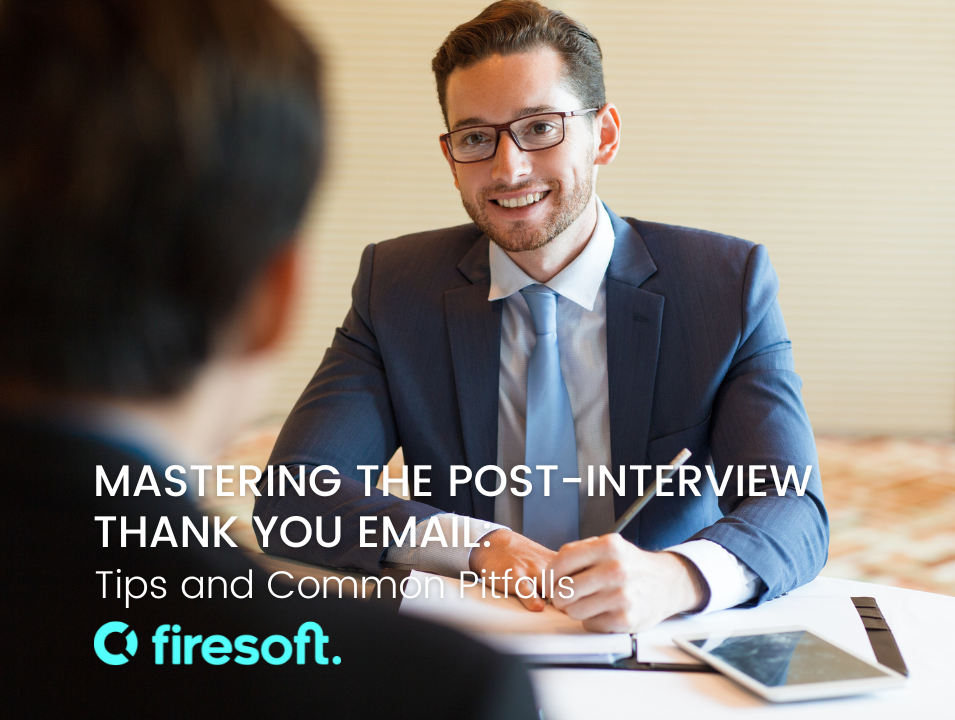Interview Success: Words to Avoid and How to Articulate Your Strengths

Words That Downplay Your Abilities
Preparing for an interview involves not just knowing what to say, but also being aware of what to avoid. Certain words, while seemingly positive, can be overused, clichéd, or might understate your abilities, which can hinder your chances. Here’s a guide to refining your interview vocabulary.
Many jobseekers find it challenging to talk about their skills. Even high-level executives struggle with this, often falling into the trap of using words that diminish their achievements. In an interview, it’s crucial to use language that highlights your strengths.
Words to Avoid:
We: Use "I" to emphasise your individual contributions. Practicing with a friend through mock interviews can help.
Just: This word often minimises your efforts, e.g., "I just helped." Instead, highlight your contributions without diminishing them.
Only: Phrases like "I worked there for only a year" can undermine your experience. Be straightforward about your tenure and growth.
Obviously: Assuming the interviewer knows something about you can seem presumptuous. Avoid this term to prevent misunderstandings.
Be Cautious with Fillers
Words like "um," "literally," "like, and "you know" Can make you appear less confident or prepared. Reduce these fillers by practicing with a friend or recording your responses.
Avoid Overused Descriptors:
Workaholic: Employers now favor a healthy work-life balance. Instead, emphasise your diligence and results.
Perfectionist: This term can imply inefficiency and is often overused. If this is a trait of yours, rephrase to show high standards without negative connotations.
Words Requiring Examples
Terms like "motivated by a challenge" or "resilient" Need specific examples to be credible.
What is STAR approach to structure
Situation: Provide context.
Task: Explain your goal.
Actions: Detail the steps you took
Result: Describe the outcome
Situation:
" The team needed to adapt to a new system, which was challenging for long-term employees.”
Task:
" To get everyone proficient with the new system quickly due to an upcoming busy sales period."
Actions:
" Besides company-provided tutorials, I organized training sessions, set up a buddy system, and created troubleshooting guides."
Result:
" The team entered the busy period confident in using the system and knowing where to find further support."
Demonstrating your leadership through specific examples can assure the interviewer of your problem-solving abilities.
Practice and Preparation
Reaching the interview stage is an achievement. Clearly articulating your skills and backing them up with examples will boost your confidence. With thorough preparation, you can perform at your best in the interview.
Other suggested reads for you


